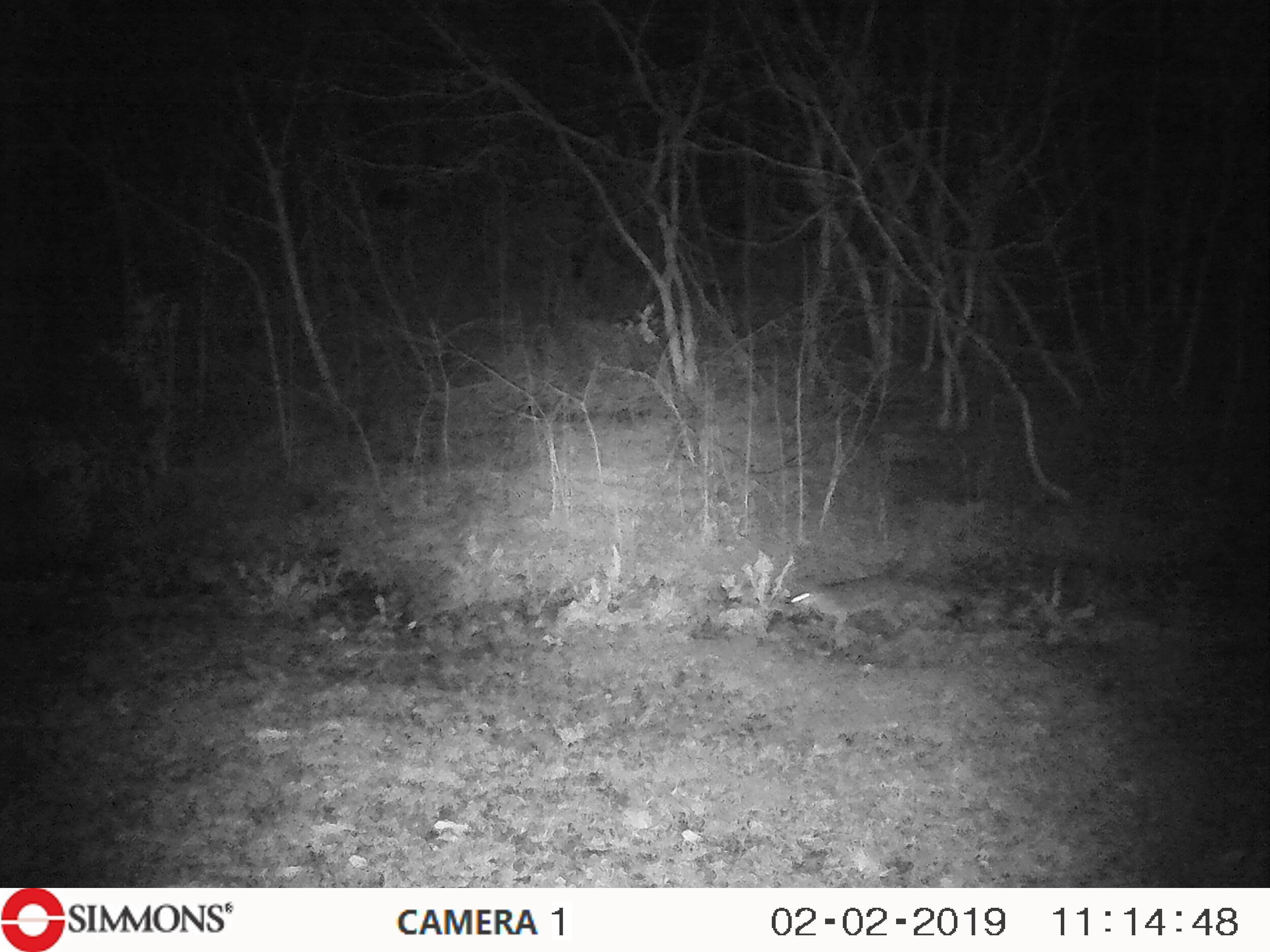Get Growing: Supporting Beneficial Critters
For a few generations now, lots of people have been sold on the idea that there’s a magic bullet (aka great pesticide) that will take care of all those pesky things eating the garden. Here’s the dirty secret, though, the pesticides are bad for our health, destroy our soil and are bad for our rivers. The bugs, they just develop a resistance to the pesticide. With resistant bugs, you either dump more pesticides on the garden or buy the next new thing. Dr. Majumdar, our Extension entomologist, calls this the Pesticide Treadmill.
Instead of first thinking which product will kill this bug, we want to invite you to think about your garden as a mini-world, an ecosystem. Different creatures in your little garden world can help you manage garden pests, and you can combine the ecosystem approach with the other methods we’ll cover.
To get started, be patient and pay attention to the garden (garden drama is cheaper than NetFlix). What’s going on? You’ll start to see how things interact. Plant flowers (ideas below).
Gecko eggs (Photo: open palm holding two pea-sized eggs and a piece of shell.)
Arthropods aka bugs aka insects & spiders - Make friends with predatory bugs. Spiders might make you jump, but they’re patient hunters. Flowers are your welcome mat to the beneficial insect world of ladybugs and wasps, yes, wasps. Some wasps will lay eggs in the caterpillars that are eating your greens (and the larva eat the caterpillars from the inside, ewwww!), and some will carry them off as a snack. (I’ve seen it!) What else should you plant? Check out Farm Scaping to Enhance Biological Control or Attracting Beneficial Insects.
Lizards & snakes - Lizards like a good bug snack, too. I have the little green anoles (my mom calls them chameleons) in my greenhouse along with spiders. The Turkish House Geckos are nocturnal and like to eat roaches. Snakes can keep your rodent population in check. Mice and rats will eat your plant starts and vegetables (and they’re gross). A few good snakes are a big help, as long as they don’t fall out of the chicken coop rafters on top of your head. (Brush piles are great snake habitat.)
Birds - Birds are a blessing and curse. I’ve seen Mocking Birds snatch giant plant-devouring grasshoppers out of the air, and then in the next minute taste every almost-ripe tomato on the vine. A potential solution, bird scares (shiny things, inflatable eyes) in the tomatoes. Chickens can be decent pest control but will dig up a garden, and ducks, (oh, how we love ducks!) will take care of your slug and snail population.
Mammals - We have no squirrels at E.A.T. South. Zero. One reason may be that we don’t have a lot of trees on the farm proper. Another reason is our farm cat, Lola. A good cat, and a fox, help with the small mammals (cats also eat song birds). A fox will eat rabbits, moles and voles, but can also be disease vectors. We also lost a few ducks that strayed too far into the bushes, but between the fox, cat, and snake, we don’t really have a rodent problem. We may have a resident rabbit, though.
Human Mammals - You, the neighborhood kids who need things to do right now, people in general are great pest control. Fill a jar with water and a little dish soap, get out into the garden, pick caterpillars off your kale, and drop them into the soapy water. Spray the aphids with bursts from the hose. Then do it again. We have a mole cricket problem, and all we can do is try to dig them up and squish them.
Do you see our fox? (Photo: black and white image taken at night with fox on the right.)

